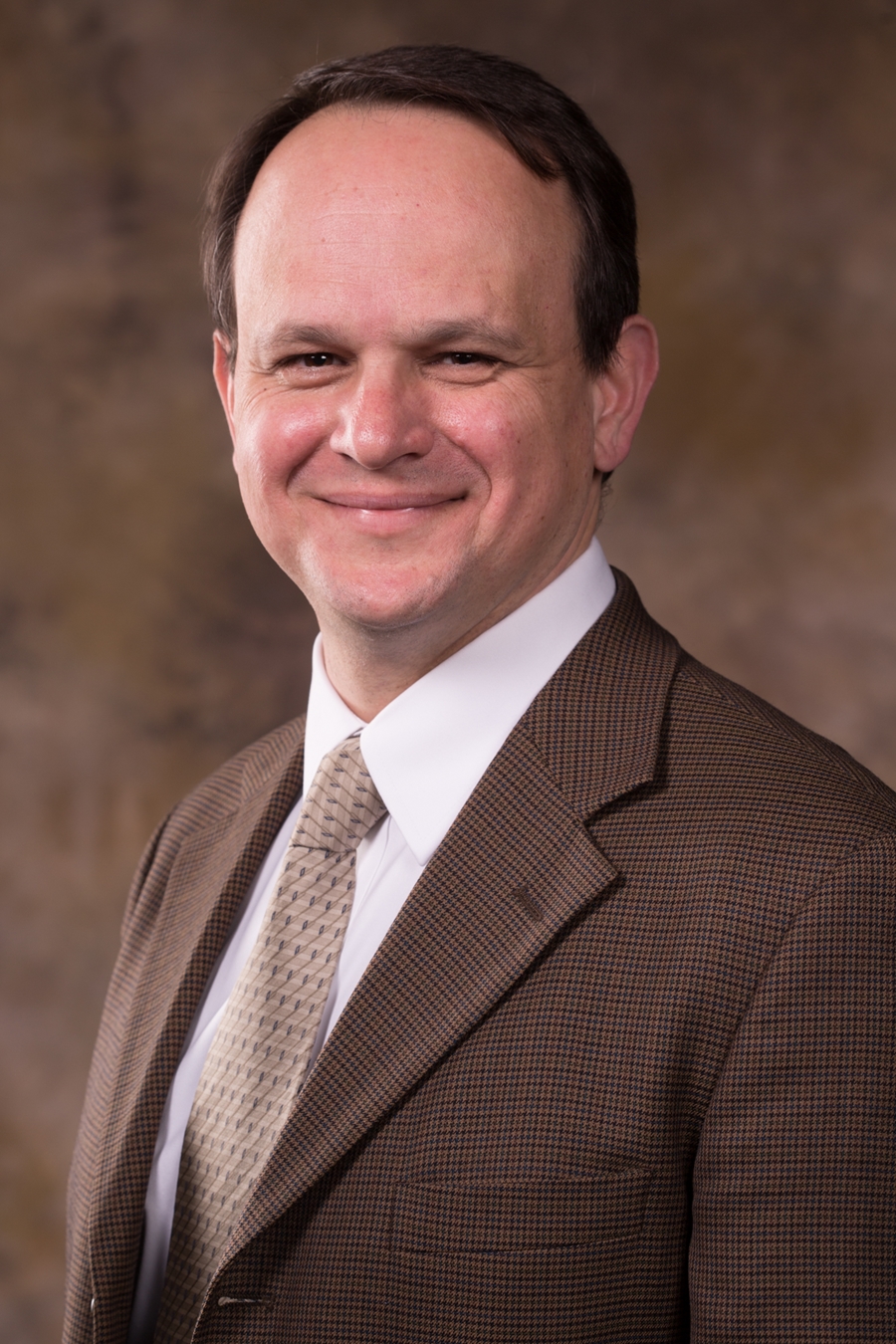Schreckhise Publishes Book to Answer 'How Well Does the American Political System Work?'
Lurking in the back of the minds of many students of American government is the question, "How well does the American political system work?" William Schreckhise, an associate professor in the Department of Political Science in the J. William Fulbright College of Arts and Sciences at the University of Arkansas wrote a book to answer that question.
"When I started writing Evaluating American Democracy and Public Policymaking, I knew right away that there would be no single yardstick by which to measure the American political system. That's because what indicates whether the system works will be in the eye of the beholder. What one person wants from government, another might not want. To get around this problem, I decided I would use multiple criteria," Schreckhise said.
To get a sense of how well the American political system is working, Schreckhise looks at things that include:
- Americans' attitudes of trust and confidence towards their institutions of government
- The degree to which all Americans participate equally in political activities such as voting and lobbying
- The level of which public policy is responsive to public opinion
- The ability of the various actors in the process to create effective public policy
- The extent the political system imposes costs and benefits on Americans equally, regardless of our economic condition, race, gender, or age
"It's a big question. To answer it, I draw on a lot research that has addressed different parts of these questions. Not only do I look at studies done by other political scientists and policy scholars, but I also examine research done by economists, sociologists, historians, and others," Schreckhise said.
Much of this research is done with an eye toward the soundness and effectiveness of parts of the political process, such as whether campaign contributions or corporate lobbying influences how individual members of Congress vote. But, nearly all of this research examines a relatively narrow part of the political process, or it focuses on a small number of political actors. Schreckhise points out that his book weaves together the findings of these studies into a wide-ranging assessment of the system.
"I get asked a lot how well I think the system performs. Is it good? Bad? Which? In some ways the system works pretty well, but in others, it doesn't work well," he said.
"For example, past research has shown the system to be pretty responsive to public opinion, that is, when public opinion shifts on an issue and the people want a law changed, in general Congress usually changes the law."
But Schreckhise says the story is a bit more complicated. "More recent research has found that the system is not responsive to everyone equally. Instead, Congress is much more likely to pass legislation when wealthier people want the law changed than is the case than when poorer people want it changed."
"In sum, there a plenty of things about our political system in which we can take pride. But, there are plenty of other areas where we can improve," Schreckhise said.
Topics
Contacts
Meredith Paige Brady, administrative specialist II
Political Science
479-575-3356,
mpbrady@uark.edu
Headlines
U of A Bands to Hold Three Nights of Concerts
The Symphonic Band, the Wind Symphony, the 4 O'Clock and 5 O'Clock Bands and the Wind Ensemble will perform April 21-23 at the Faulkner Performing Arts Center on the U of A campus.
Honors College to Host 'Best in Show' Dog Celebration
The campus and community are invited to celebrate our furry friends with popsicles, water and dog treats from 3-4 p.m. Thursday, April 25, in the Gearhart Courtyard.
New Parasite Affecting Canadian Partridges Named for Arkansas Poultry Scientist
A long-time colleague in Canada gave a newly found parasite the scientific name Eimeria hargisi in honor of U of A poultry science researcher Billy Hargis.
U of A School of Law Student Selected for Ms. J.D. Leadership Academy Intensive
Tristan Branstetter-Thomas, a second-year law student, was one of 30 students from across the country chosen to participate in the leadership academy at the Northwestern Pritzker School of Law in Chicago.
Needy Honored as Distinguished Alumna of University of Pittsburgh Engineering College
College of Engineering Dean Kim Needy was among seven alumni of the University of Pittsburgh Swanson School of Engineering honored in April as part of the 2024 Class of Distinguished Alumni.





